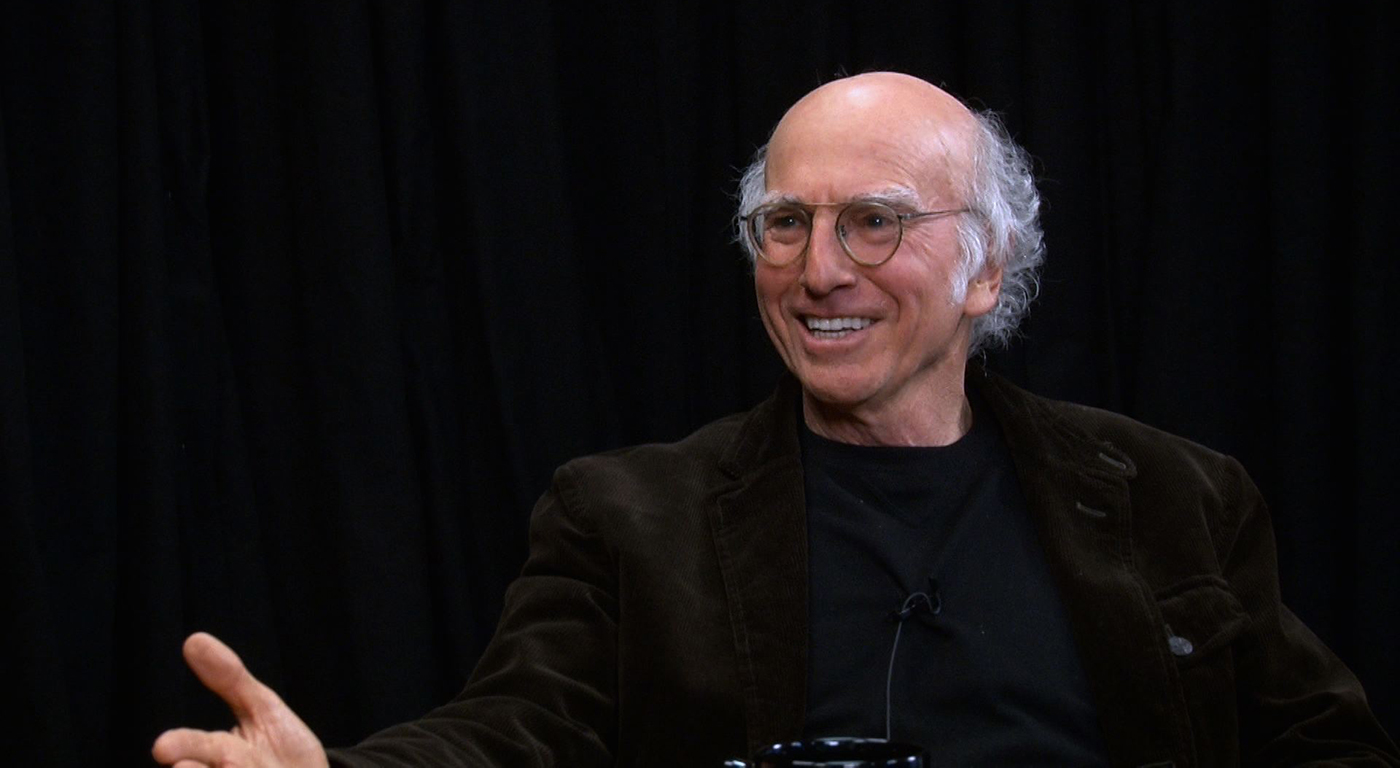Sean Axmaker: Welcome to the Dollhouse is dark and scathing and still sympathetic to the main character. In Happiness there doesn’t seem to be a lot of sympathy to go around.
Todd Solondz: I think that it is a much more troubling film, but I happen to not feel any less compassionate towards the characters in Dollhouse than I do in this movie. Many people have walked out of Dollhouse and said, “Oh, that was me, I was Dawn Weiner.” I don’t anticipate anyone walking out and saying, “That was me, I was Bill Maplewood.”
S.A.: Taking such a black, scathingly satirical perspective is going to create some problems in getting these characters’ feelings of loneliness across to an audience. Why do you choose that route?
T.S.: You’re presupposing that everyone responds in this way, but I think that there are those who do respond to the themes and then there may be others who are unable to get beyond some of the taboo material that’s addressed in this film. But there’s nothing in this film that I don’t think one won’t see discussed any day of the week, whether it be a TV talk show, a newspaper, a news magazine, tabloids, and so forth. I mean it’s out there every day assaulting us. The difference in part is that the media tends to have a dual sort of message, one being very moralistic and the other a kind of entertainment, a titillating freak show.
S.A.: Happiness has been getting good reviews from festivals, but it certainly is courting a lot of controversy.
T.S.: Well, it’s not for everyone and it’s not designed for everyone, and I don’t think I’ll ever write anything that’s designed to appeal to everyone. If you want sympathetic characters it’s easy enough to do, you just give someone cancer and of course we’ll all feel horribly sad and sorry. You make anyone a victim and people feel that way. But that’s not of interest to me as a filmmaker or as a writer. I may be accused of a certain kind of misanthropy but I think I could argue the opposite. I think that it’s only by acknowledging the flaws, the foibles, the failings, and so forth of who we are that we can in fact fully embrace the all of who we are.







